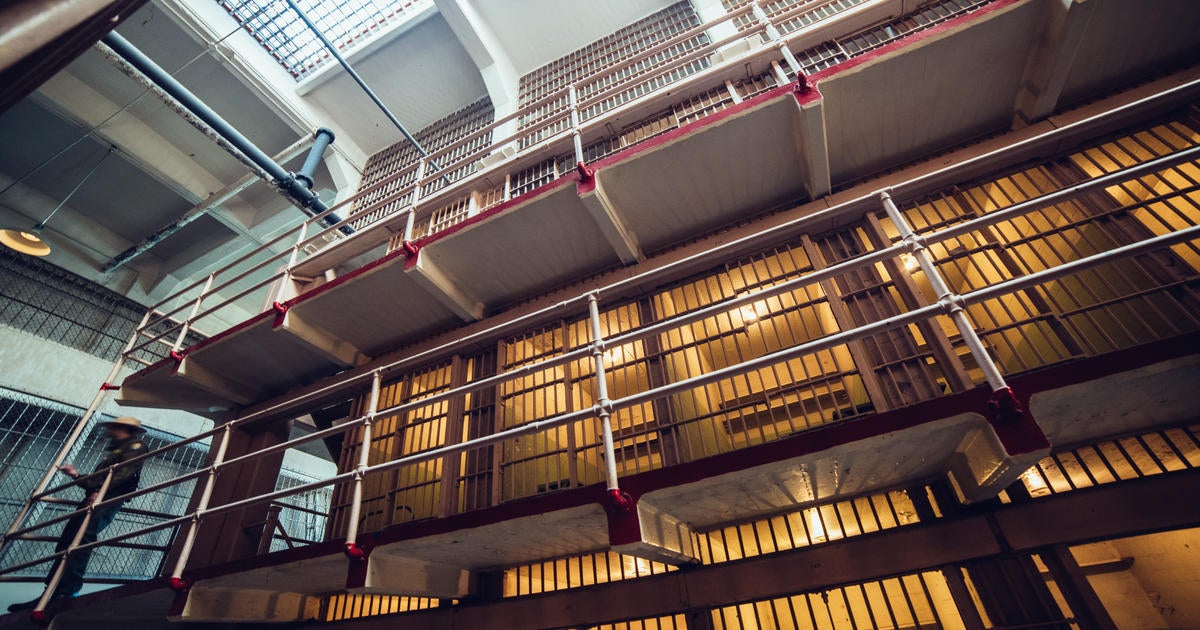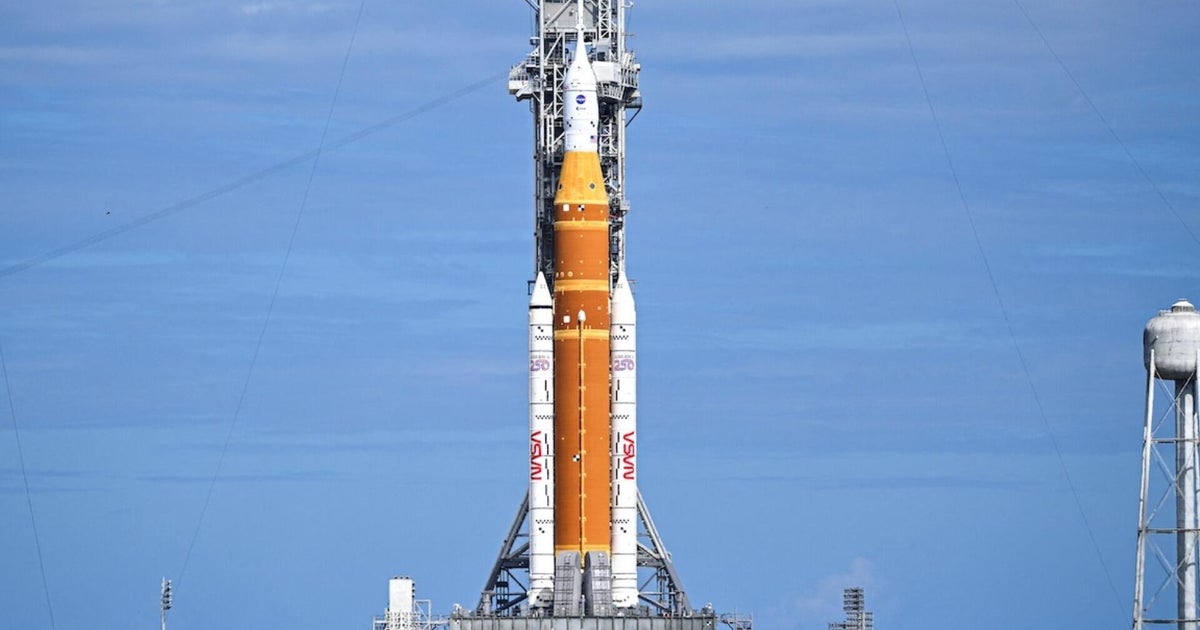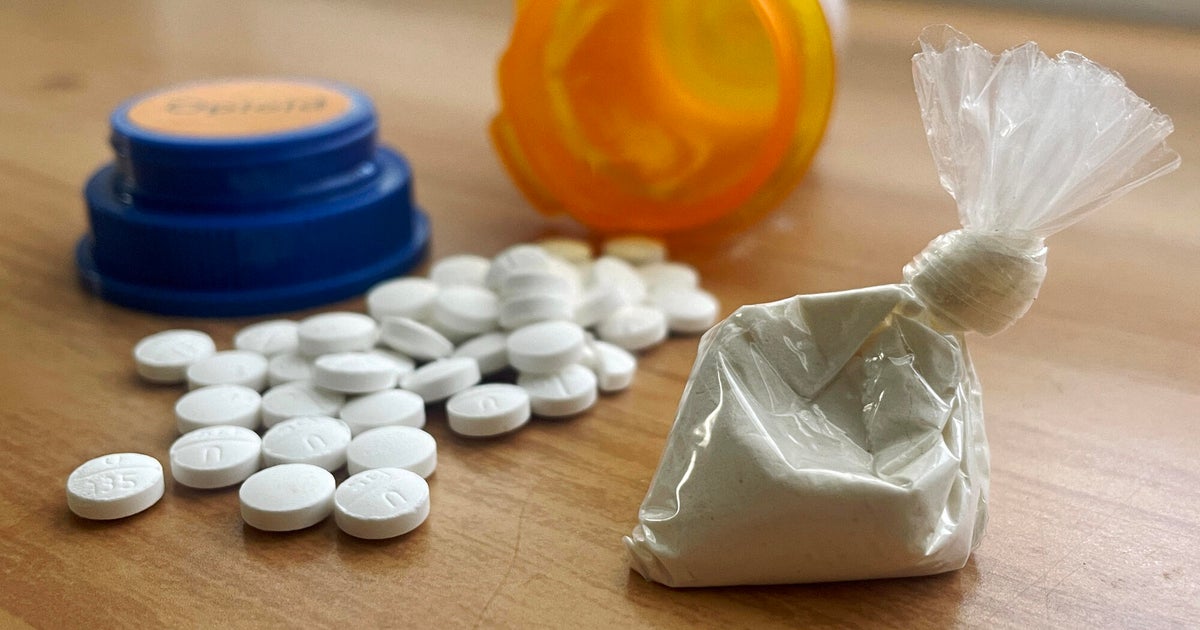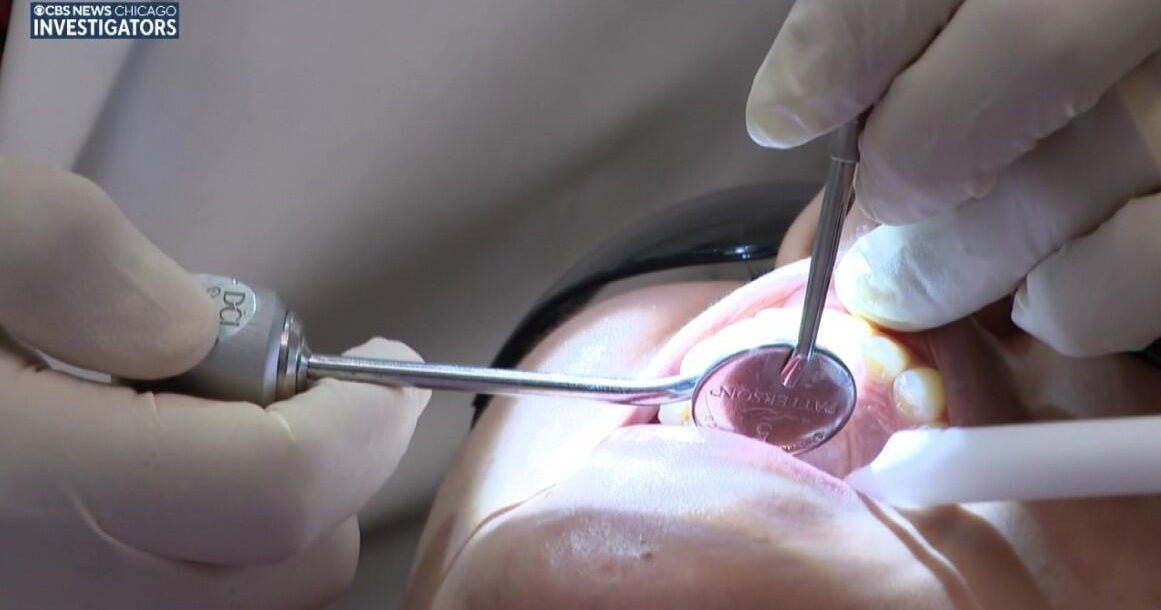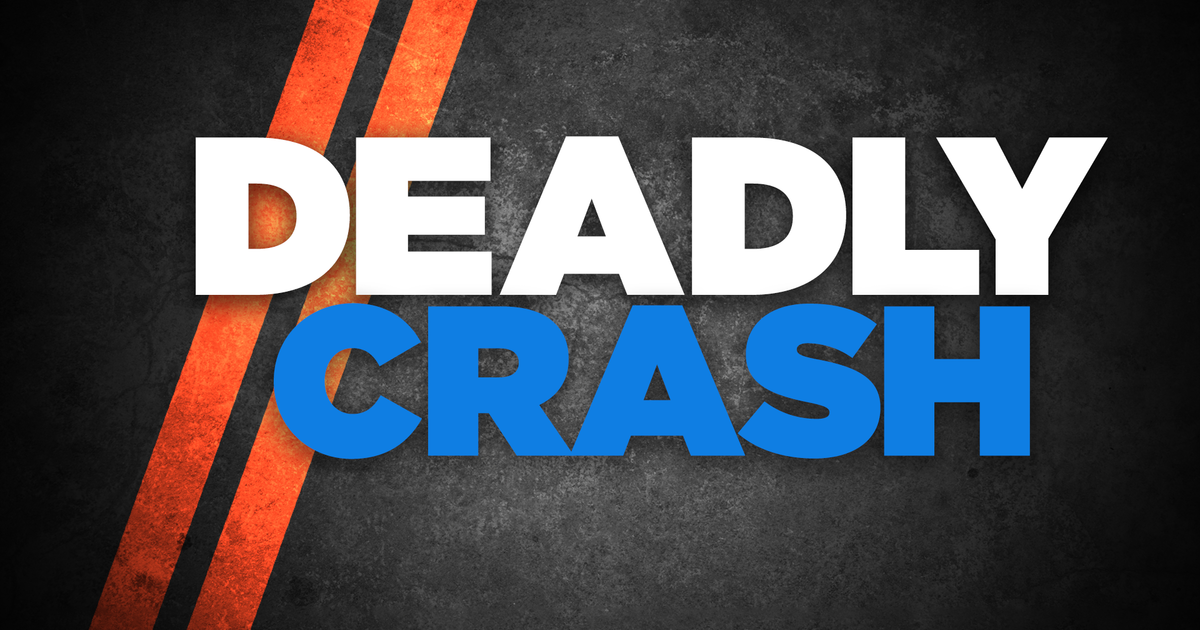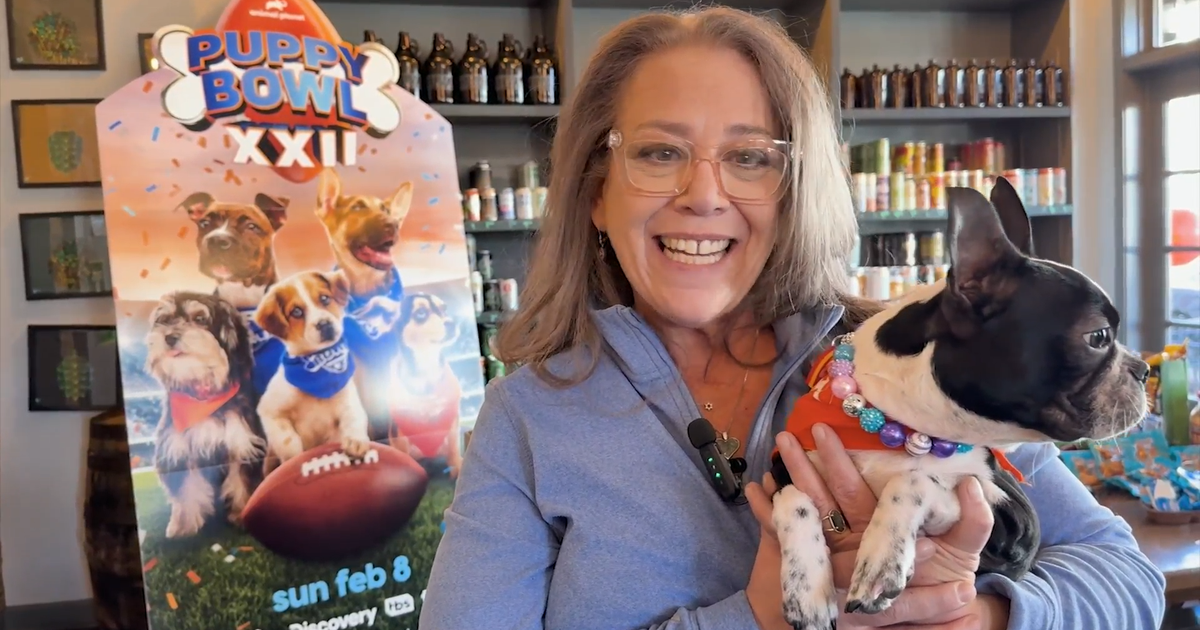UC Scientists Testing HIV Prevention Pill
FOSTER CITY (KCBS) – The University of California is testing a potential HIV prevention pill in a first-of-its-kind study in the state. The UC-based California HIV/AIDS Research Program (CHRP) has awarded grants totaling $11.8 million to see if a current HIV drug can be used to prevent the onset of the virus.
The antiretroviral pill Truvada, made by Foster City-based Gilead Sciences, Inc., was approved by the United States Food and Drug Administration in 2004 to treat HIV patients. An international trial has shown it works as a preventive measure in select gay and bisexual populations, according to Dr. George Lemp, the director of CHRP.
"It found that prep was effective in preventing HIV infection overall at 44 percent," said Lemp. "But for those who adhered to the medication more consistently, at 90 percent or more, it was a 73 percent reduction in HIV incidents."
KCBS' Anna Duckworth Reports:
UC has awarded two Southern California research teams the bulk of a nearly $12 million grant to test Truvada on 700 gay and bisexual men and transgender women in Los Angeles, San Diego and Long Beach who are high-risk but not infected. A third team in Oakland, Richmond, Berkeley and other East Bay locations will plan a project for young gay and bisexual men of color, according to the San Francisco Business Times.
"They will be tested for HIV at each clinic visit, which will be monthly," said Lemp. "They will also be given other services such as risk reduction counseling and testing for other sexually-transmitted infections."
The FDA is reviewing an application by Truvada's manufacturer for approval in HIV prevention by summer.
Critics of the study have said the preventive therapy could make men stop using condoms in the belief that Truvada is a fail-safe measure, and that there is not enough evidence of the pill's effectiveness to support its use.
A separate Stanford study has shown that taking Truvada only makes sense economically for high-risk people, such as those with multiple partners, since the dosage costs about $26 a day.
(Copyright 2012 by CBS San Francisco. All Rights Reserved. This material may not be published, broadcast, rewritten, or redistributed.)
